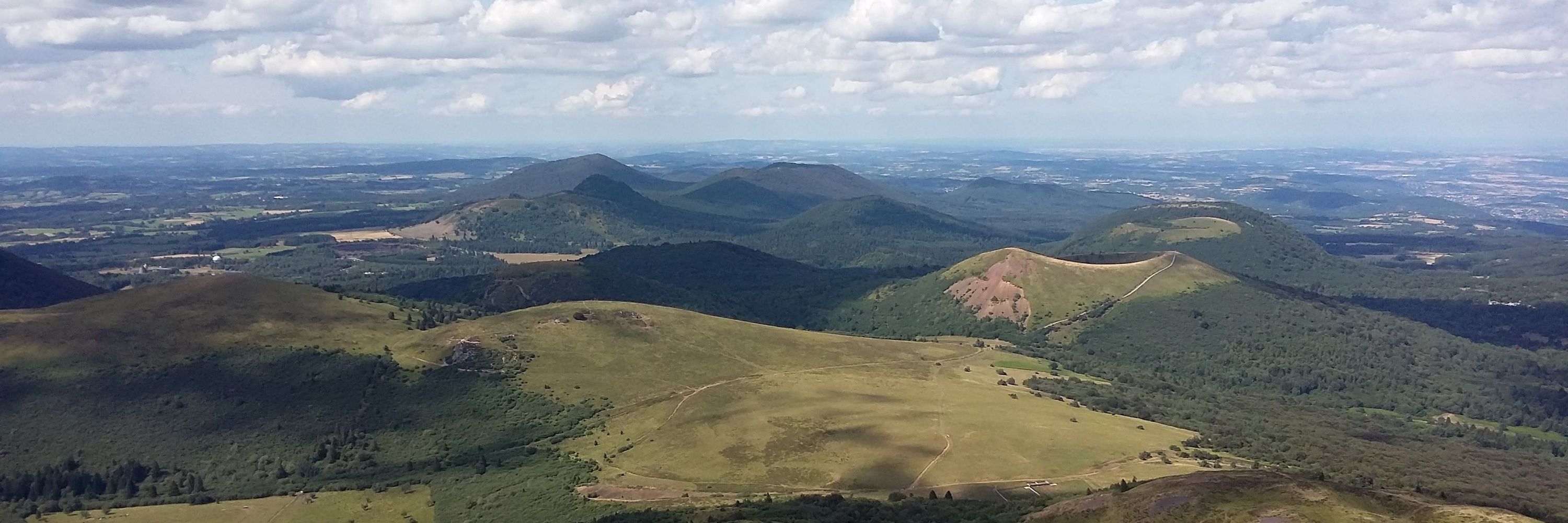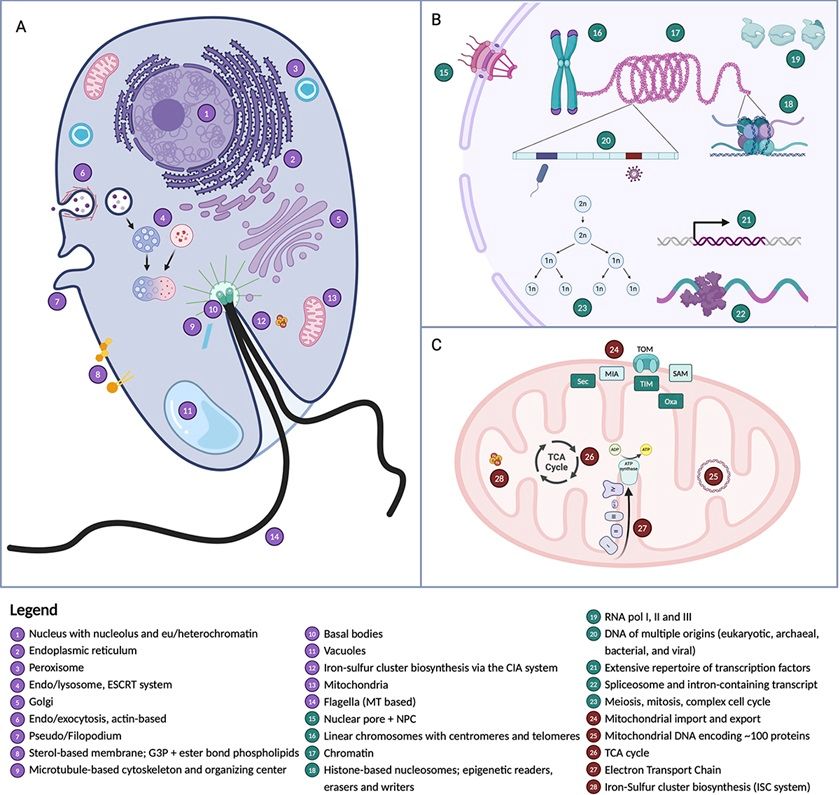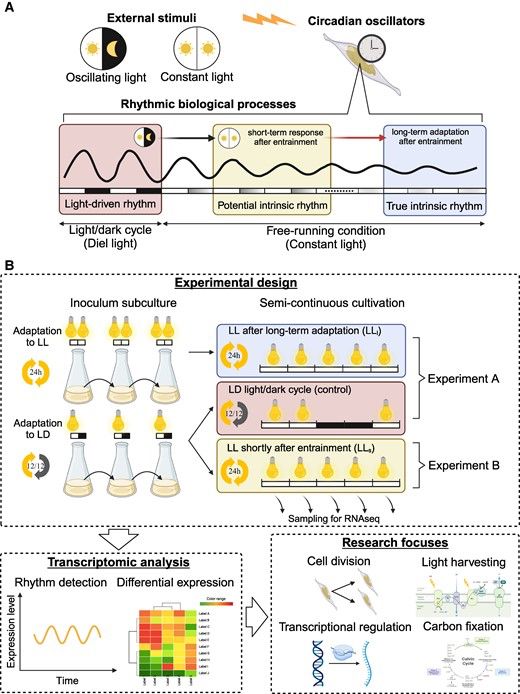Jean-François Mangot
@jfburp.bsky.social
210 followers
420 following
6 posts
Microbial ecologist, protistologist (ICM-CSIC,
@icmcsic.bsky.social), rugby fan and photo geek.... Between Auvergne and Spain
Posts
Media
Videos
Starter Packs
Reposted by Jean-François Mangot
Reposted by Jean-François Mangot
Lucie Zinger
@luciezinger.bsky.social
· Feb 28
Reposted by Jean-François Mangot
Reposted by Jean-François Mangot
Reposted by Jean-François Mangot
Reposted by Jean-François Mangot
Jean-François Mangot
@jfburp.bsky.social
· Nov 21
Stable dominance of parasitic dinoflagellates in Antarctic sponges
Background Marine sponges are dominant components of Antarctic benthos and representative of the high endemism that characterizes this environment. All microbial groups are part of the Antarctic spong...
peerj.com
Jean-François Mangot
@jfburp.bsky.social
· Nov 21

Non-photosynthetic lineages sibling to Cyanobacteria associate with eukaryotes in the open ocean
Margulisbacteria are elusive uncultivated bacteria that have illuminated evolutionary transitions in the progenitor of Cyanobacteria, the latter being…
www.sciencedirect.com
Reposted by Jean-François Mangot
Reposted by Jean-François Mangot
Javier del Campo
@fonamental.bsky.social
· Nov 21

Reconstructing Early Microbial Life | Annual Reviews
For more than 3.5 billion years, life experienced dramatic environmental extremes on Earth. These include shifts from oxygen-less to overoxygenated atmospheres and cycling between hothouse conditions...
www.annualreviews.org
Reposted by Jean-François Mangot
Cameron Thrash
@jcamthrash.bsky.social
· Nov 14

Changes in Arctic Ocean plankton community structure and trophic dynamics on seasonal to interannual timescales
Abstract. The Arctic Ocean experiences significant seasonal to interannual environmental changes, including in temperature, light, sea ice, and surface nutrient concentrations, that influence the dyna...
bg.copernicus.org
Reposted by Jean-François Mangot
Cameron Thrash
@jcamthrash.bsky.social
· Nov 14

Migrating is not enough for modern planktonic foraminifera in a changing ocean - Nature
Low-latitude planktonic foraminifera are coping with rapid ocean warming, acidification and nutrient shifts by migrating to deeper water-column depths or polewards, displacing higher-latitude species ...
www.nature.com
Reposted by Jean-François Mangot
Reposted by Jean-François Mangot
Javier del Campo
@fonamental.bsky.social
· Nov 13

Coral larvae increase nitrogen assimilation to stabilize algal symbiosis and combat bleaching under increased temperature
Rising sea surface temperatures threaten coral-algal symbiosis, impacting reef ecosystems. This study shows that coral larvae alter nutrient metabolism by increasing nitrogen assimilation to maintain…
journals.plos.org












